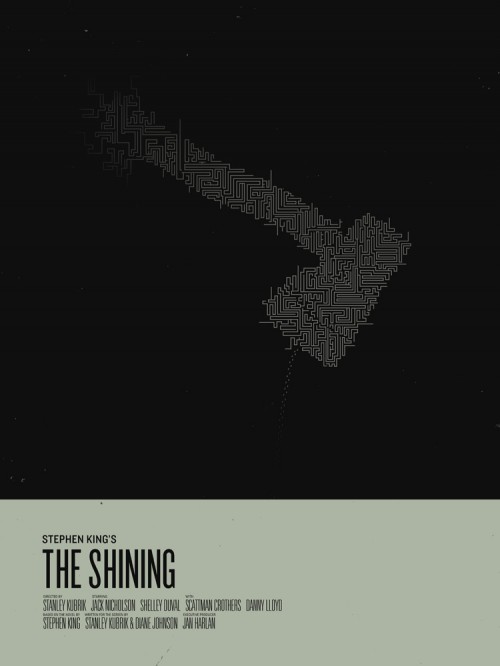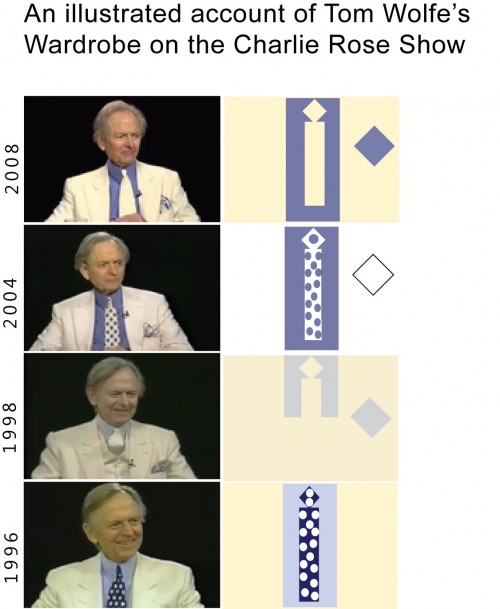Did You Just Tell Me To Shut Up? – A Guest Post from Giancarlo Ditrapano
[The Tyrant sends his thoughts on the unpspeakable. Please enjoy. – BB]
“Most stuff that is genuine is better left unsaid.” This is from a letter written in 1993 by J.D. Salinger to his friend E. Michael Miller (for this story, go here). Sounds like old boy’s last plea, doesn’t it? That last line of the red one, you know: “Don’t tell anybody anything. If you do, you start missing everybody.” This thought occupies my mind past the point of it being healthy. There are so many things for me that I cannot write down, or will not write down. I have tried to write them down, and I have written them down, and hated myself afterwards for doing it.
It’s the same with speech. There are so many things I can’t speak about, won’t speak about. I have tried to speak about them, and I have spoken about them, and hated myself afterwards for doing it. I don’t know how to categorize these untouchables for there is no common denominator that I can pin down. I am not talking about gossip or secrets. Forget all that shit. I’m talking about the times or thoughts or experiences that cannot be regaled, or feel like they shouldn’t be regaled (even though they could be regaled but you would just feel like shit afterwards because no matter how good it felt to tell it, once you’re done it always feels like you have just let go of a kite string). That bit of advice from Dorothy Parker (about how if you have an idea for a story, not to speak about it or it will lose its steam) has something to do with it, but not exactly. Or it’s like that feeling you feel in that span of time between the moment you hear some good news (Writers, insert “acceptance-letter joy” here) and the moment that you start blabbing your head off about it. As soon as you start communicating it, telling others about it, something disappears, doesn’t it? And there was something good about that something that disappeared, wasn’t there? It’s not exactly like, but is kind of like, how you and your good friend would never talk about how good of friends you are because the mere mention of you even being friends would cause your friendship to wither somehow.
Born Magazine’s “hyper” e-books [Example 1 | Example 2 | Example 3 | Example 4], self described as “cinematic and interactive interpretations,” are very impressive yet a little distracting. The traditional HTML versions — not because of content, but comparison — seem frigid, naked, unsure of their capacity. If the medium is the message, is the message that we’ve lost our faith in words? Or that we have some new killer software?

Designer Nick Tassone (alias bee combs) makes posters for films based off Stephen King novels, all of which I really like. They are conceptually gratifying and an unfortunate anomaly in the movie poster business; that these are from a school project make it that much more impressive.
A Bullshit-y, Obscure Post: Literature as Violence
From Walter Benjamin’s essay “Critique of Violence”:
If the rule of myth is broken occasionally in the present age, the coming age is not so unimaginably remote that an attack on law is altogether futile. But if the existence of violence outside the law, as pure immediate violence, is assured, this furnishes proof that revolutionary violence, the highest manifestation of unalloyed violence by man, is possible, and shows by what means. Less possible and also less urgent for human kind, however, is to decide when unalloyed violence has been realized in particular cases. For only mythic violence, not divine, will be recognizable as such with certainty, unless it be in incomparable effects, because the expiatory power of violence is invisible to men. … Divine violence, which is the sign and seal but never the means of sacred dispatch, may be called “sovereign” violence.
I Am Not Sorry I Have A Vagina*

The fiction section of the new issue (ETA: the set of stories that indicate they’ve been guest edited by Claire Messud) of Guernica is guest-edited by Claire Messud and she offers a brief essay, Writers, Plain and Simple, to introduce her selections, all written by women. In her essay, Messud writes of how Elizabeth Bishop did not wish to be known as a woman writer and she states:
As an American writer of the early twenty-first century, I agree with her wholeheartedly. An artist’s work is in no way limited or defined by her gender. To allot space, then—such as this fiction section of Guernica—to women writers specifically is, surely, to limit and define them—us!—by an irrelevant fact of birth.

Joshua Cohen on Jakov Lind at Open Letter
 This jumped right off the e-page at me as one of those things that readers of this site would/will LOVE if/when they found/find out about it.
This jumped right off the e-page at me as one of those things that readers of this site would/will LOVE if/when they found/find out about it.
The great Joshua Cohen wrote an introduction to Lind’s Landscape in Concrete, which Open Letter Books re-published last year. On the occasion of the third anniversary of Lind’s passing, also, OLB’s even more recent (ie this January) reissue of Lind’s Ergo, they have made JC’s introduction to Landscape available online. Here is paragraph one.
“Jakov Lind” was a pseudonym for a man without a name. According to the rolls of a host of long-since defunct regimes, “Lind” was once known as Jakov Chaklan, Palestinian Jew (this was back when you could be one of those), and before that he was Jan Gerrit Overbeek, Dutch bargehand, which was the Nazi-era identity of Heinz Landwirth, Viennese. The author of Landscape in Concrete—and also of the stories of Soul of Wood, the novel Ergo, two other novels, another collection of stories, an Israeli travelogue, three memoirs, numerous stage and radio plays, and occasional poetry—might have been all of these people, and he might have been none. This is not meant “deconstructively,” however, or in a spirit of relativism. What’s being asserted here, at the beginning, is trauma. Is not knowing what to call one’s self. Is not having a private name for one’s self.
Now that you’re interested, go read the rest.
How many drafts, on average, do you go through between the first “full” version and the final thing you consider publishable or done? Does this number increase or decrease with longer works?
One of the books I’ve most enjoyed in recent memory is Tina May Hall’s All the Day’s Sad Stories which has been out of print for some time now. This has been particularly frustrating as it has impeded by my efforts to evangelize about the book by sending it to everyone I know as well as a few strangers. Good news! That novella will now be re-released as part of May Hall’s short story collection The Physics of Imaginary Objects, which just won the 2010 Drue Heinz Literature Prize. I shall take to my pulpit, as should we all.


